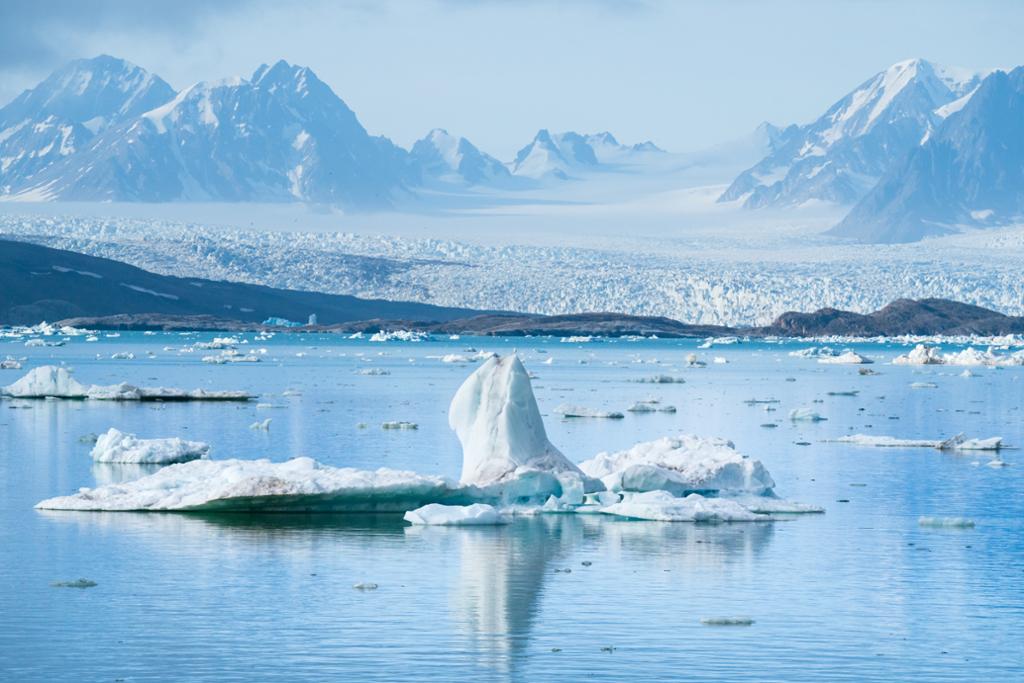Tasks: The Future by Nick Drake

The poem starts with the words 'Dear mortals'. What do you think the poet is trying to express by using these words?
The future states that I haven't happened yet; but I will. Is this a promise or a threat?
The future tells you to 'close your eyes, sit still and listen carefully' and to not 'open your eyes, not yet'. What does this tell you about human nature?
The future describes human beings as 'strange creatures'. Why?
Study the last three lines of the first stanza (from 'Already ...') and the last two lines of the second stanza (from 'Now ...'). Do these lines tell us anything about how people react to being told about the threat of climate changes?
How would you describe the mood of the poem? Is this an optimistic or pessimistic poem?
What is the message of the poem?
These words are all related to climate change and global warming.
Drag the words into the correct boxes
Global climate change has already resulted in major changes in the Arctic, and these changes are happening quickly. In fact, the Arctic is warming three times as fast as the global average, and the future consequences of continued warming will be severe.
Do some research and find out how climate change threatens the Arctic and how this will affect the rest of the world.
Divide the topics between you. Then share your findings in class.
Suggested topics for your research:
the albedo effect
the feedback effect
permafrost
wildlife
vegetation
rising sea level
impact on people living in the Arctic
Climate change represents a major challenge for the world community. As a result, there is an inexhaustible amount of information surrounding it—and also lots of misconceptions and false information.
Choose one of the misconceptions from the list.
Write a short text where you
explain why some people believe this misconception and sum up their evidence or reasoning
use scientific evidence to explain why this is wrong.
How can global warming be real if winter this year is so cold?
Recent global warming is caused by the sun.
Why bother? There’s nothing we can do about it anyway.
Fighting global warming would hurt our economic interests too much.
We won't feel the effects of global warming for many years. Why worry now?
It's too cold in this country anyway. I'd love to have warmer temperatures!
There is no scientific consensus on the existence or causes of global climate change.
The climate is always changing and it has changed many times in the past. This is just a normal fluctuation in the earth’s temperature and is not related to human activity.